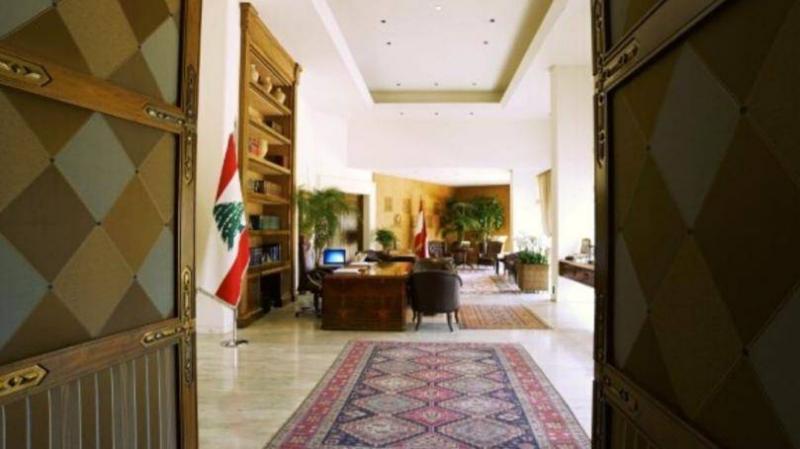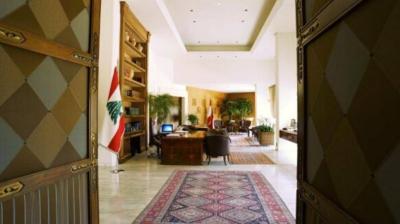It is premature to talk or even speculate about the fate that awaits the relationship between the allies of the Mar Mikhael understanding, despite the ominous warnings from the Basil faction about the doom and destruction that could break the partnership. The exclusive shared interest that binds both parties remains stronger than any "betrayal" or insult, even though yesterday's incident might have been the harshest. However, it is not sufficient to turn back the clock to before 2006. The Free Patriotic Movement's (FPM) need for Hezbollah to buoy itself electorally, alongside the Christian cover that the Aounist movement provides for the party and its illegal weapons, is too sturdy to be shaken by a government session backed by the Shiite duo. Observers of this relationship's path, its phases, and the blemishes it has experienced since the onset of the collapse during President Michel Aoun's term, and with his end and the Basil faction's rebellion against Hezbollah's Secretary-General Hassan Nasrallah’s decision to nominate the leader of the Marada movement, Sleiman Frangieh, Basil's fierce rival, and the refusal to endorse his candidacy, could see that another setback in this already strained relationship could lead it to a state of clinical death, paving the way for an announcement of its demise. According to predictions, this clock may not be far off, with the declaration of death pending the maturation of the presidential situation regionally and internationally.
Beyond time, place, and the event itself, knowledgeable political references via "Al-Markaziya" expect that the presidential file could be the straw that breaks the camel's back between the Mar Mikhael allies. The general international climate and the assembled data indicate that Lebanon's stability is a need and a priority, and its preservation is essential to prevent any security deterioration that might lead to disasters affecting neighboring countries and the region. Consequently, they believe that electing a president is merely a matter of months that does not exceed the number of fingers on a hand and is likely to occur in the upcoming spring after all the projected scenarios for the phase play out and the unpromising candidacies fall by the wayside in reaching Baabda. By then, most political forces will undoubtedly accept the identity of the president required for the phase, able to lead it with the firmness and resolve that very few currently mentioned figures possess, as they are far removed from the political stage right now.
When the presidential data matures, parliamentary blocs will likely align with the international agreement, which is tipped to favor the nomination of Army Chief Joseph Aoun, as he is the most internally agreeable and internationally accepted figure due to his leading experience in military leadership and his ability to prevent its collapse in dire circumstances, along with his extensive web of external relationships. Only the Free Patriotic Movement stands in opposition to the commander. They have launched preliminary attacks against him to tarnish his presidential image, but according to the aforementioned references, that alone is insufficient to prevent his election. The presidential settlement that brought President Michel Aoun to Baabda did not enjoy the approval of all parliamentary blocs; at that time, 83 deputies supported Aoun out of 128, while 36 votes were blank and eight were invalid. This number is assured, the references clarify, when the party decides it serves its interests in Lebanon and the region, even though its insistence on its candidate is not easy to retract, considering the party’s known history regarding the presidential file. However, its current reluctance to announce its candidate is not only influenced by its sensitivity to Deputy Basil's position but also due to its certainty that the presidential settlement may lead another individual to Baabda, thus avoiding the burning of its cards.
If the settlement occurs, the references conclude, possibly in a form similar to that which led to the election of President Michel Suleiman after the Doha Conference, it will likely cause a divorce between the party and the movement, after the mountain of problems between them reaches its peak, leading the party to transition to the side of the opposition, which is presumably necessary, to restore its popular standing and to compensate with its strength for the series of losses it has incurred and caused during the term, and the Shiite vote that has secured it seats in parliament and a significant block for sixteen years.




